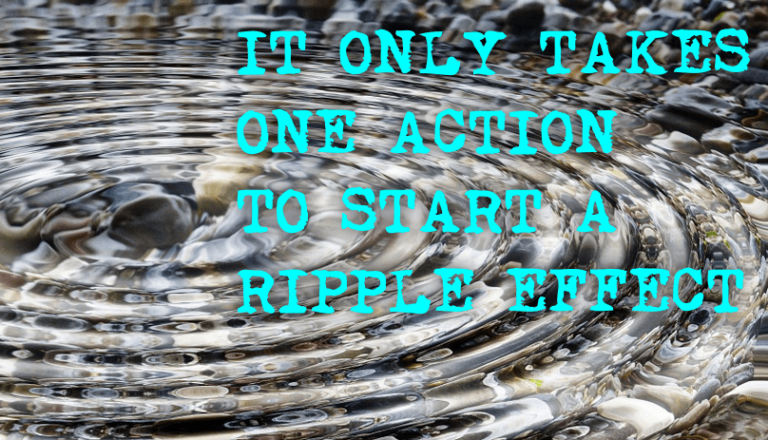

Tim Phillips
I love sharing my journey from being hopeless, to getting sober, to learning how to eventually be both sober and happy. to learning how to eventually be both sober and happy.

When you’re recovering from addiction, it’s easy to get stuck in the cycle of focusing on everything you’ve lost or the mistakes you’ve made.
But gratitude gives us a powerful tool to shift our perspective. Instead of dwelling on the negative, we can choose to appreciate the small victories—waking up without a hangover, mending a relationship, or simply enjoying a peaceful moment.
Gratitude doesn’t erase the challenges of recovery but reframes how we see them. By focusing on what’s going right, even during struggles, we can start to rebuild with a foundation rooted in positivity and hope.
Practicing gratitude is like retraining your brain to focus on the positives rather than the negatives. When we’re in addiction, we often feel like life is happening to us, leaving us with a victim mentality. Gratitude flips the script.
Instead of asking, “Why is this happening to me?” we begin to see growth opportunities. It doesn’t mean ignoring the challenges—it means choosing to notice the good, even when things are tough.
Life’s challenges don’t disappear in sobriety, but gratitude can help us navigate them. When faced with stress, anxiety, or cravings, gratitude gives us a way to stay grounded. By focusing on what we’re thankful for at the moment, we can diffuse overwhelming emotions and return to the present.
Even small acts, like appreciating the sunshine during a walk or being thankful for a supportive friend, can help us manage stress and build resilience.
To make gratitude a habit, try a simple daily practice. Each night, jot down three things you’re grateful for, no matter how small. Over time, this habit strengthens your ability to see the good in your life, even on hard days.
Remember, gratitude is like a muscle—the more you use it, the stronger it gets.
While gratitude is powerful, avoiding forcing it in every situation is essential. Jumping straight to gratitude without processing difficult emotions can feel dismissive and inauthentic.
When something challenging happens, take the time to acknowledge and feel your emotions before turning to gratitude. Balance is key—appreciating the good while allowing yourself to process the challenges is the path to growth.
Gratitude has the power to transform your recovery journey and your life. Start small—write down three things you’re grateful for today and notice the shift in your perspective.
Listen to the full podcast episode for deeper insights and practical tips on incorporating gratitude into daily life.

I love sharing my journey from being hopeless, to getting sober, to learning how to eventually be both sober and happy. to learning how to eventually be both sober and happy.




Join our mailing list to receive the latest news and updates from our team.






Copyright © 2023 by Sober and Happy. All rights reserved.

Join our mailing list to receive the latest news and updates from our team.